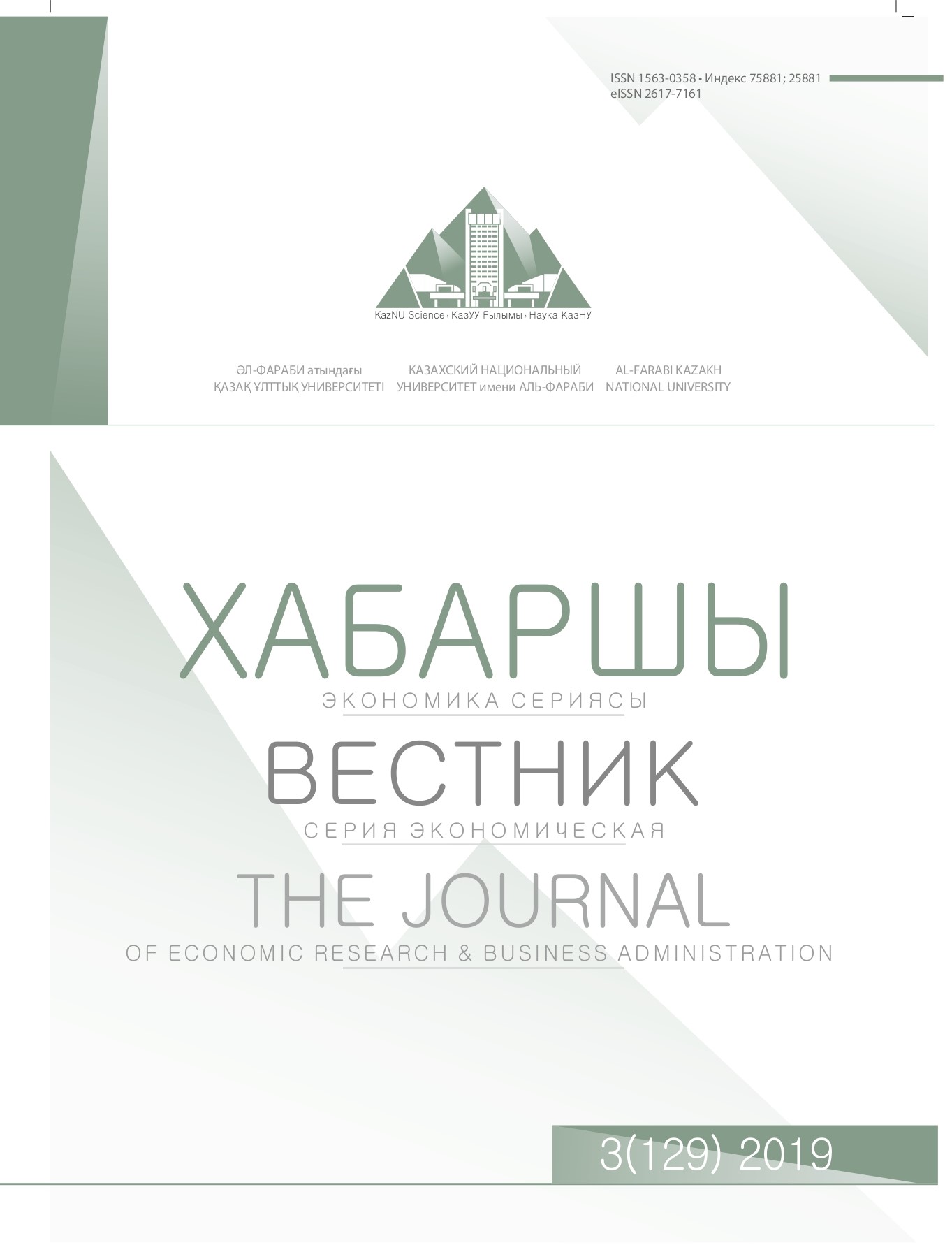DO THE CHRONICALLY POOR HAVE MORE INTERRUPTED SPELLS OF POVERTY IN TRANSITION ECONOMIES? EVIDENCE FROM KAZAKHSTAN
DOI:
https://doi.org/10.26577/be-2019-3-e18Аннотация
Given the lack of longitudinal data for transition countries, and specifically for Central Asia, research on poverty has largely ignored the time dimension. This study uses panel data constructed from the rotating cross-sectional Kazakhstan Household Budget Survey for the 2001-2009 period. The panel data provides an opportunity to measure chronic poverty levels and poverty transitions for the first time in Kazakhstan. We find that, despite the rapid and substantial reduction in poverty in the country since the turn of the century, and depending on the measure of chronic poverty employed, as much as a quarter of the population has experienced persistent poverty. However, the majority of chronically poor experience interrupted poverty spells. We apply the multiple-spell hazard model analysis to shed light on factors that impact on poverty exit and re-entry. The results of these estimates confirm that families with children under age six are experiencing higher probability of entry into poverty and lower probability of exit from poverty. Policy interventions are needed to improve the situation by providing an affordable state child care system in Kazakhstan.













